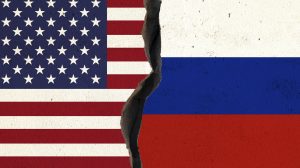Search
Published on:
Myanmar Update: U.S., UK and EU Continue to Expand Sanctions for Companies with Ties to the Military
U.S., UK and EU authorities continue to expand sanctions targeting the Tatmadaw, Myanmar’s armed forces, following the February 1, 2021 military coup in Myanmar (also known as Burma). Over the past month, the United States and its European allies have imposed blocking and other sanctions on (a) the two major Tatmadaw-controlled conglomerates in Myanmar that provide financing for the armed forces; (b) additional gem, pearl and timber industry companies that provide sources of funding to the coup regime; and (c) further coup regime and Tatmadaw officials.





